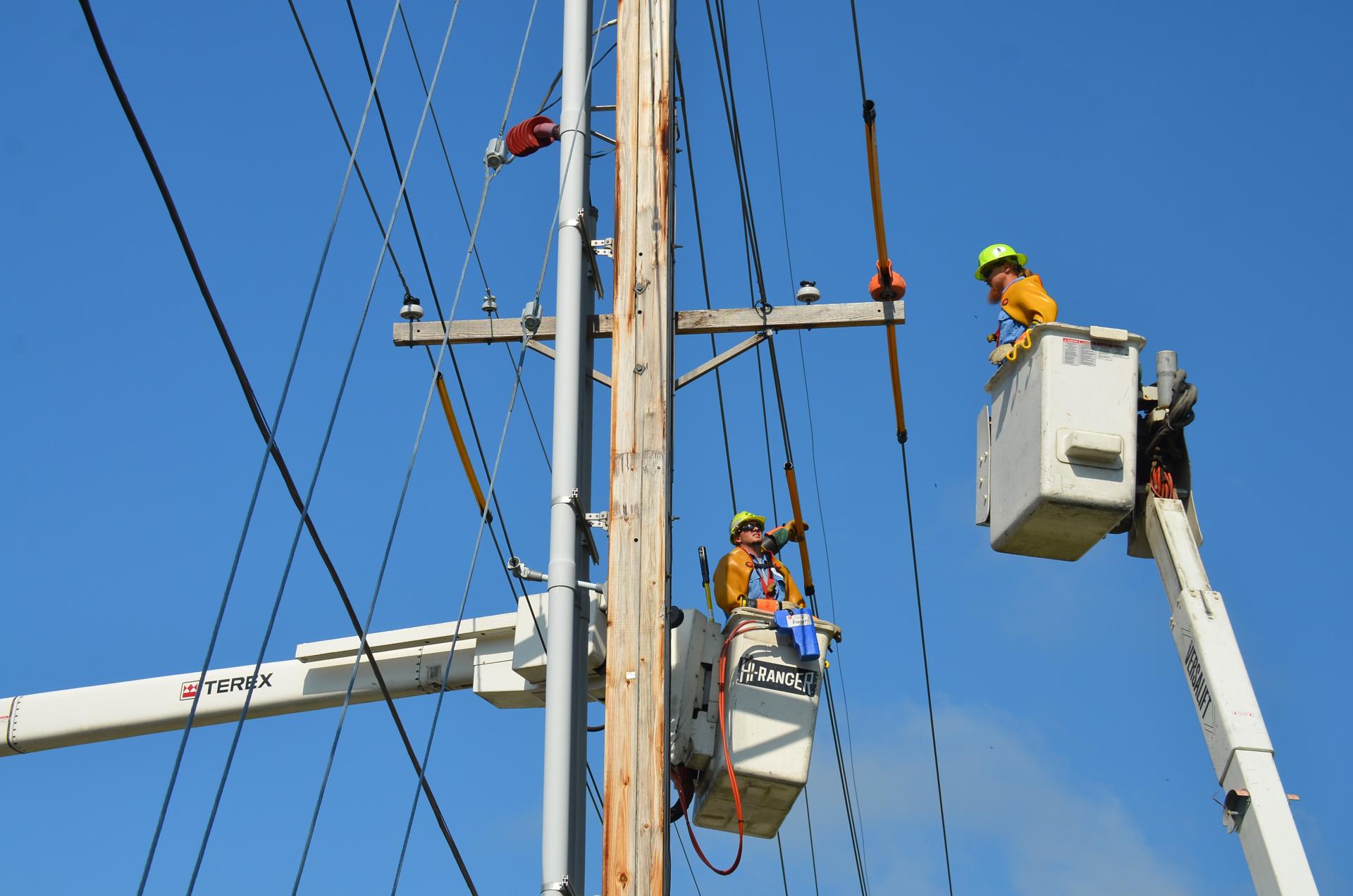The Safety Measures Electricians Should Take to Protect Their Health

Being an electrician is a career that comes with certain risks however, it’s one that is safe with the right measures. At Local Adelaide Electricians, we take security seriously and believe it is essential to educate our customers on the hazards of working with electricity and ways to prevent accidents.
Statistics of Electrical Accidents:
Electrical accidents can happen both in the workplace as well as at your home. According to the Electrical Safety Foundation International, there were over 2,000 deaths from electrical accidents within the United States from 2003 to 2018. The leading causes of these incidents are electrocution and electrical fires.
One of the best methods to stay safe from electrical hazards is to hire an authorized electrician. They have the expertise and experience to handle electrical work effectively and safely, thus reducing the risk of injuries.
Safety Tips:
One of the most crucial safety precautions electricians take is to wear protective equipment, like gloves, eye protection, and equipment that is insulated. They should also shut off power prior to starting work and follow lockout/tagout protocols to ensure that electricity is off during their are working.
For homeowners, it’s essential to avoid attempting electrical work by yourself. Even seemingly simple tasks, like changing the outlet or replacing a lighting fixture, could be risky if done incorrectly. It’s best to call a licensed professional to handle any electrical work.
Training and Certification:
To become licensed electrician, individuals must undergo an extensive course of study in order to pass the certification examination. This assures them of having the skills and knowledge required to manage electrical work safely and efficiently. In Local Adelaide Electricians, we only employ licensed electricians, so you can be sure that your electrical work will be done correctly.
Conclusion:
As a summary, being an electrician does come with certain dangers, however these risks can be minimized by taking the proper measures. At Local Adelaide Electricians, we take safety very seriously and would like our clients to be aware of the importance of hiring a licensed electrician to meet their electrical requirements. Remember, for any electrical service you require, it is possible to contact Local Adelaide Electricians at 1300 989 136.
FAQ:
What do I do if have an electrical malfunction?
If you experience an electrical problem the first thing you need to do is to shut off the power supply to the area affected and then call an authorized electrician. Do not attempt to repair the issue yourself, since it could be risky.
What is the best method to prevent electrical fires at your home?
The best method to avoid electrical accidents at home is to hire a licensed electrician for all electrical work you want completed. Also, ensure that you do not over-load outlets, use extension cords safely and repair the damaged electrical devices and cords.
Can I do my own electrical work or should I always employ an electrician?
While it may be tempting to saving money doing your own electrical work it’s not advised. Electrical work can be hazardous so it’s recommended to hire an authorized electrician with the proper training and experience to handle it safely.
How can I determine whether an electrician is certified and licensed?
To make sure that an electrician is certified and licensed to ensure that an electrician is licensed and qualified, you should check with your state’s licensing board or ask for their certificate and license. In Local Adelaide Electricians, all of our electricians are licensed and experienced.
What types of electrical services does Local Adelaide Electricians offer?
At Local Adelaide Electricians, we offer a wide range of electrical services that include electrical repair and installation and upgrades to electrical panels, lighting installation, and more. Contact us at 1300 989 136 to learn more about our offerings as well as how we could assist you with your electrical needs.
